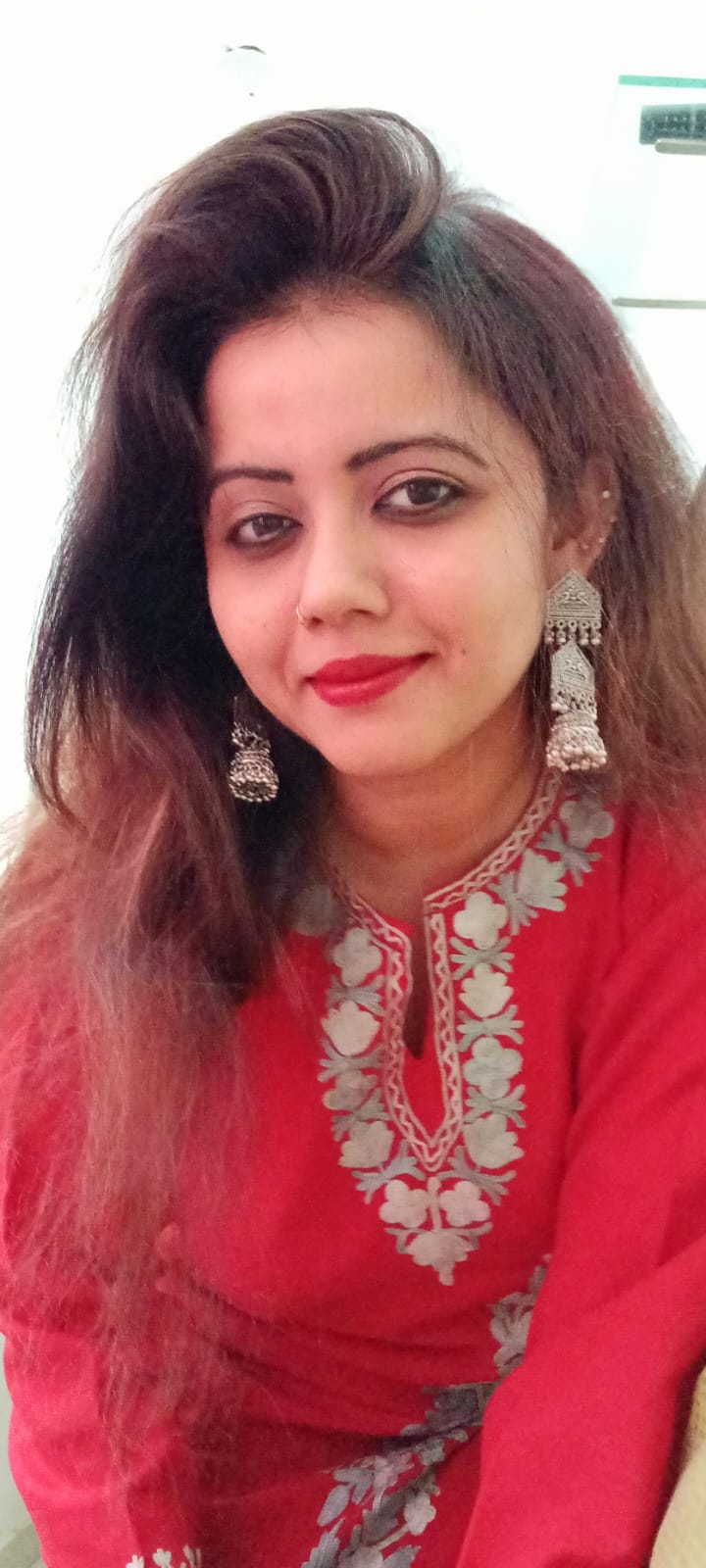Books
Against Islamophobia
A Palestinian immigrant writer's new novel exposes the fault lines of the 'melting pot' that is America.
Fathima M
Since the tragic incident of 9/11, news reports on 'terrorism' have often become synonymous with Muslims committing heinous crimes and the condemnation of the entire Muslim population all over the world. The West is obsessed with this notion, jeopardising the lives, prospects, and dignity of the Muslim community every time any Muslim individual carries any criminal activity. The vetting and interrogation of Muslims before entering Western countries has been normalised for over two decades now. This fear of Muslims is strategically inculcated in the minds of many Westerners.
This systematic inculcation of Islamophobia is the topic of Sahar Mustafah’s new novel, ‘The Beauty of Your Face’. The book tells the story of Afaf, a Palestinian immigrant in America, who, with her family, comes to terms with the growth of Islamophobia in her adopted country. When the novel begins, Afaf is just a ten-year-old girl living with her immigrant family in the suburbs of Chicago, until things suddenly change after her sister's disappearance. The family, which does not follow Islam religiously, is now divided into two halves—the religious and the irreligious—after Afaf and her father embrace Islam following the girl's disappearance. Afaf's mother, consumed by grief, does not turn to religion to ease her pain, and eventually, she drifts away from her family as well. Afaf’s brother, Majeed, is also opposed to this dogma of religion, and while he does not oppose it like his mother, he somehow keeps equidistance with religion.
Mustafah combines elements of thriller and crime and connects them with the everyday life of a Palestinian immigrant family in Chicago. Except that the novel is no thriller. By delving into the psyche of a white, Islamophobic shooter, Mustafah depicts one of the ways in which Islamophobia unveils itself. The novel shows Muslims as ordinary humans leading ordinary lives like the people of any other faith. And the white shooter is the result of years of conditioning of ordinary people against Muslims.
The story of Afaf and her family is always at the backdrop of this bigger picture of Islamophobia that undercuts the identity of America as a liberal, secular nation. As we delve into Afaf's childhood, we see a dysfunctional family trying to come to terms with the pain of being uprooted. The disappearance of her sister adds to the trauma.
The missing sister balances the narrative by depicting how a marriage between a Muslim and a Westerner is despised even among non-practising Muslims. And this is how Mustafah depicts how Muslims do not need romanticisation but dignity and trust as ordinary humans. Muslims are as peaceful as anyone else and can be as biased or criminal as anyone else from any other faith. Islamophobia, therefore, is a political tool employed by the West to keep its racial biases alive and intact.
The conversation between the shooter and Afaf is particularly significant in the novel. Even though the shooter wishes to understand Afaf's life and thoughts, he fails to move beyond his limited understanding of Muslims and Islam and his suspicion of Muslims and criminal instinct gets the better of him. He chooses hatred and violence over love and inclusion—exposing the vulnerable side of a racial supremacist who has been brainwashed into hating a particular community.
The story of Afaf’s sister, who went missing for a long time, brings the family drama back right when it begins to become something more than just a family story. But Nada’s disappearance and dramatic return only reaffirms that Muslims are like any other people. They have happy and unhappy families. They have joys and problems just like any other family. The novel gives glimpses into the challenges of an ordinary and uprooted family that is further traumatised in their adopted country because of their faith. It also throws light on the gun violence and mass shootings in America and the government’s failure to take an ethical stand on it. According to a report in The Washington Post, in the last 22 years, more than 250,000 children have been exposed to gun violence at school. This only shows how violence is so deeply embedded in the psyche of an average American.
For a democratic nation that promises freedom, prosperity, and happiness, America's gun violence and terror incidents are a matter of shame and concern. But the novel is optimistic that one day, Muslims will not have to justify their existence or the choices they make just because of the criminal activities of some Muslim individuals. Even though Afaf is terrified on the roads of Chicago because of her hijab, she hopes that one day this will end—the brutal humiliation and exclusion because of one’s faith. And in the same way, elsewhere in other sides of the world, Muslims hope that Islamophobia will end one day and that they will be able to live with dignity and without any fear of being demonised.
While America’s (un)ethical stand regarding Israel's occupation of Palestine has to be questioned over and over again, this novel shows how even inside America, the so-called land of promises and opportunities, there is so much violence against the cultural, ethnic, and religious ‘other’. But the novel is not limited or pertinent to just America. Islamophobia has seeped into many parts of the world, and the Indian subcontinent is no exception. This book must be read not to see or prove Muslims as peaceful, heroic, or revolutionary, but to see Muslims as ordinary human beings with their strength and limitations and to break stereotypes generally associated with Muslims in the western world and elsewhere.
——————————————————
The Beauty of Your Face
Author: Sahar Mustafah
Publisher: Legend Press
Price: Rs 1460 (approximately)




 22.93°C Kathmandu
22.93°C Kathmandu










